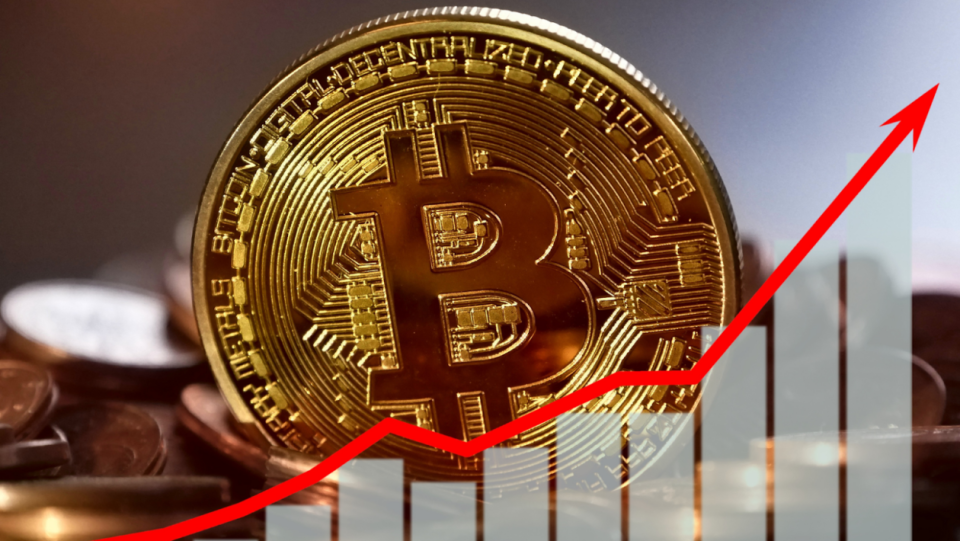Short-Term Trading Drives Bitcoin ETFs in 2025

Bitcoin drives mutual funds. Research company 10x claims that just 44% of US Bitcoin ETF holders plan to keep onto their money for the near future. This research Bitcoin Hits $96K wisdom surrounding the majority of Bitcoin ETFs managed by institutional investors. Bitcoin is at a new level these days since many of these investments rely on short-term trading and arbitrage. Knowing the investments made by the fast-expanding popularity of Bitcoin ETFs helps one assess the long-term feasibility of institutional adoption.
Trading Rules Bitcoin ETF Inflows.
Since their January 2024 inception, Bitcoin exchange-traded funds (ETFs) have attracted net inflows of billions of dollars, therefore providing a substantial market demand. Based on their findings, 10x Research concludes that 56% of these assets most likely came from short-term tactics. Longer-term initiatives are badly being funded with these resources. Bitcoin exchange-traded funds (ETFs) help institutional investors and traders profit from small price swings and market inefficiencies without having to keep the commodity for long lengths of time.

Why Bitcoin ETFs Are Subject to Arbitrage?
Arbitrage in Bitcoin ETFs is much valued by their investors. However, there is a potential gain in the price difference between ETFs and Bitcoin. ETF (exchange-traded fund) shares are sold by investors when their value increases. For them thus, the convergence of prices will be beneficial. By pricing down to a more fair level, arbitrage helps to produce higher market efficiency. Still, among Bitcoin ETFs, its trading volume is by far the largest.
Based on this kind of statistics, most customers only retain their ETFs for a nominal period. Their major objective was to show regulated kinds of Bitcoin exposure. Sometimes ETF development sought to make them understandable to a wider audience. They are encouraging risky trading strategies. Should this predisposition be strong, their image could suffer.
Bitcoin Stable Market Conditions
Some individuals are worried about the supposed stability of Bitcoin, as merely a small portion of the money invested in Bitcoin ETFs is set aside for long-term security. Proponents of Bitcoin ETFs contend that these products will enable Bitcoin to become a major asset class with institutional recognition. Given most ETF activity comes from short-term trading and speculation, it seems unlikely significant financial institutions are heavily investing in Bitcoin.
Bitcoin ETFs may emerge
The intended use of Bitcoin ETFs may not always be optimal. Ten times instead find their effects to be rather surprising. Their efforts have helped the Bitcoin industry to be in relatively better form currently. Some trading systems apply it, but they only consider short-run factors. It runs counter to the same values that will finally support the widespread acceptance of Bitcoin. Given the expected returns of ETFs, potential long-term investors could be reluctant to commit money. One could rightfully be forbidden from purchasing Bitcoin.
Summary
Systems of digital money produced from Bitcoin Price Surge. This calls into question their assertion that institutional acceptability is their main focus of advocacy. Well-known are arbitrage and great degrees of speculation in the ETF market. Nobody knows how this would influence Bitcoin ETFs. Digital and secure financial instruments. It is yet unknown how ETFs increased the value of Bitcoin. Their long-term viability hinges on striking a mix between user-friendliness and financial accessibility. To be sustained over an extended amount of time, an effect requires dedication. The creation of a reliable link between cryptocurrencies and more conventional means of financing will determine the viability of exchange-traded funds.
